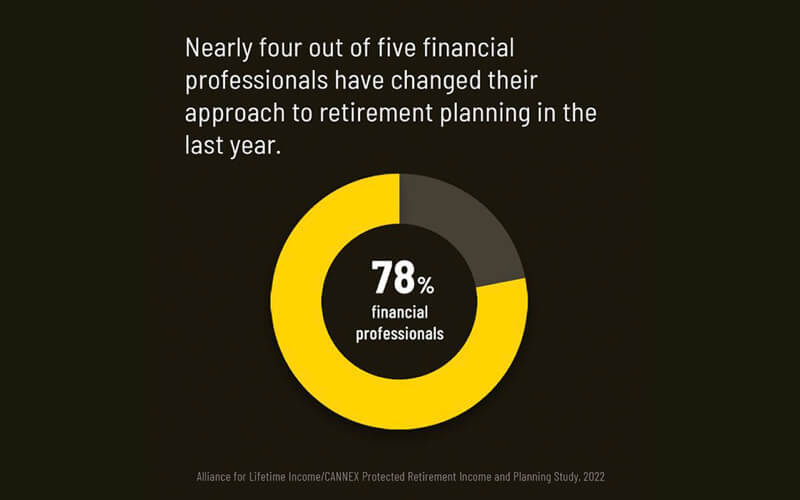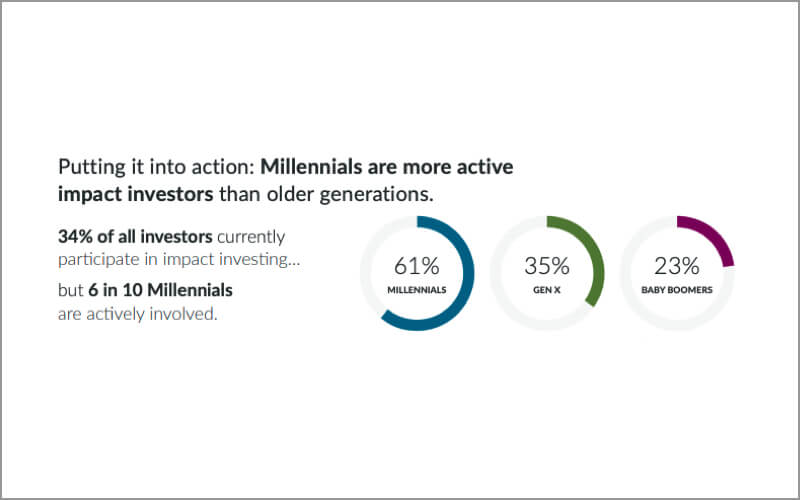Women’s progress across generations has stalled. Our recent research finds that nearly two-thirds of women in America under age 60 face financial challenges, and more than half have faced mental or physical health challenges in the last year. Financial, physical and mental health are so interconnected that a challenge in one area often compounds the other two.
We expected that major legal and policy victories of the 1960s and 1970s aimed to address gender inequality would pave the way for younger generations of women to do better at closing wage gaps and attaining wealth and health outcomes.
But our research indicates otherwise.
Boomer women do better than younger women overall on measures of financial and emotional health — aligning more often with their male counterparts. Furthermore, we observe a bigger gender gap among younger generations of women.
Confirmation: Losing Ground in Women’s Progress
We recently met a contributor to a relevant report: Losing More Ground: Revisiting Young Women’s Wellbeing Across Generations [PDF]. This important work corroborates our findings through powerful analysis of 14 measures. The measures include gender wage gap, the poverty rate, maternal mortality rate, legislative representation, college educational attainment, and more.
A summary from this study:
“In spite of decades of progress between the 1960s and 1990, each generation of women in the United States does not do better than the previous generation before — not anymore. This promise of progress began waning with Generation X and has lost even more ground with the Millennial Generation. In fact, important measures of Millennial young women’s physical health and safety have worsened over the past several years.”
You Can’t Manage What You Don’t Measure
There are many reasons for these sobering statistics. And a range of policy solutions (family-friendly workplace policies, affordable housing initiatives, access to retirement plans) and other actions (increasing transparency in compensation practices, increasing representation) that can help reverse this trend.
We’re committed to continuing to conduct research on this topic, and we would be happy to collaborate with others who also find this work important.
Photo by Kaspars Eglitis on Unsplash



